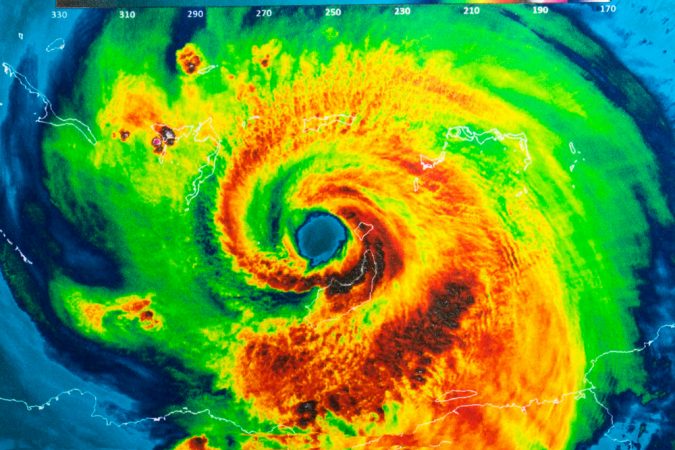
By Jim Saunders, The News Service of Florida
First came Hurricane Michael. Then Sally. Then Zeta.
And for customers of Northwest Florida’s Gulf Power, the barrage of storms during the past few years could mean they will pay extra on their bills through 2024 to cover costs of restoring electricity.
The utility filed documents Friday at the state Public Service Commission that detail proposals for recouping costs related to Hurricane Sally and Hurricane Zeta, which caused power outages and damage in the Panhandle in 2020.
The proposals dovetail with costs the utility is recovering for Hurricane Michael, which devastated parts of Northwest Florida in 2018. The bottom line is that many homeowners would pay roughly $10 or $11 a month to cover storm costs through 2024.
Utilities typically are allowed to pass along costs to consumers for restoring power after major storms, and the issue was included in a 2017 Gulf rate settlement. But utilities need approval from the Public Service Commission to collect the money and have to show that the expenses are justified.
Gulf sustained massive damage from the Category 5 Hurricane Michael, which made landfall in 2018 east of Panama City. To cover its Michael-related costs, it has been collecting amounts from customers that, for example, translate to $8 a month for residential customers who use 1,000 kilowatt hours of electricity a month. Those charges are expected to continue until October 2023, according to the new filings.
The Public Service Commission in March approved a proposal by Gulf to begin recouping money for costs related to Hurricane Sally, which made landfall in September 2020 in Alabama but caused heavy damage in the Pensacola area.
ulf, which merged with Florida Power & Light this year, said in Friday filings that its final Sally-related restoration costs were $146.3 million. The March approval allowed the utility to collect $3 a month from residential customers who use 1,000 kilowatt hours of electricity — a common benchmark in the industry. That $3 for Hurricane Sally is in addition to the $8 a month charge from Michael.
But in the new filings, Gulf is asking to increase the Hurricane Sally charges in November 2023, after the Michael charges end. For the following year, Gulf would collect $10 a month from residential customers who use 1,000 kilowatt hours of electricity. The idea is to more quickly recoup the Hurricane Sally costs, which otherwise could take as long as six years to collect.
“Accordingly, Gulf submits that its proposed increase will strike an appropriate balance between ensuring timely cost recovery and mitigating customer bill impacts,†one of the filings said.
Hurricane Zeta, which made landfall in October 2020 in Louisiana, caused the least damage in Gulf’s service area. But in a filing Friday, it proposed collecting the $10.1 million over a two-month period from Nov. 1, 2024, to Dec. 31, 2024, after the Hurricane Sally charges end. The utility would charge $9.34 a month for residential customers who use 1,000 kilowatt hours.
“Approval of this request will best serve the interests of administrative efficiency and rate stability and will be in the best interests of customers by reducing the duration of the storm surcharge to two months,†Gulf said in the filing.
It was not immediately clear Monday when the Public Service Commission will consider the proposals. While utilities commonly use 1,000 kilowatt hours as a benchmark, actual electricity consumption varies widely.



